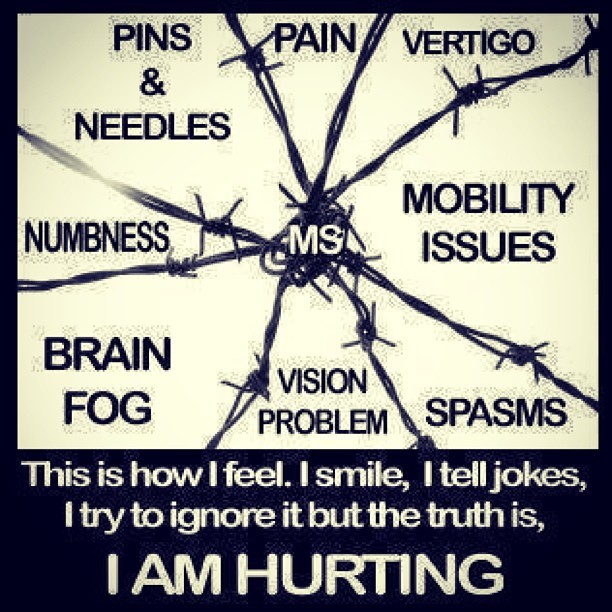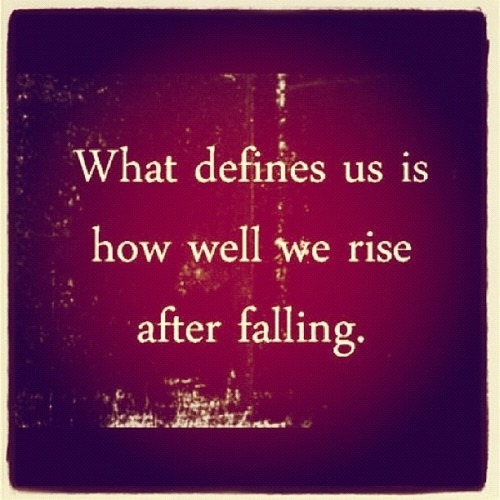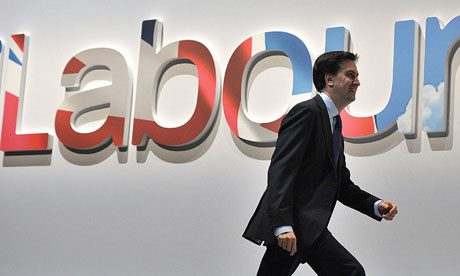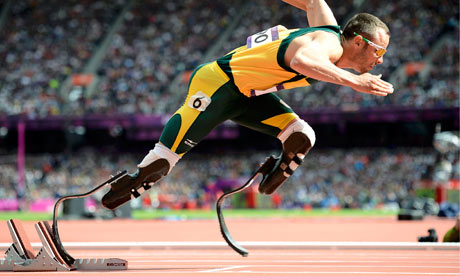Not really anything new. Christian is not known for his appeasement tactics on Twitter. I think he enjoys a good ruck, to be honest. So why have I been moved to blog about him now?
I've been getting annoyed by those of his detractors who claim that Christian is misogynistic. There seem to be two main arguments going on at the moment:
- Breastfeeding. We all agree that breast is best. If possible. I have never seen Christian say anything different. Yet somehow, his public acknowledgement of the fact that not all women can breastfeed - which may be very reassuring to new mothers struggling with feeding - is taken as meaning he's opposed to breastfeeding. Read the tweets, people!
- Feminism. I'll be honest, I got lost on this one quite early on. As a disabled woman living in poverty, I count myself as an intersectional feminist. There are various other flavours of feminism. But, y'know, what they all have in common is lots of jargon. If feminism isn't your particular political arena, you're not going to know the buzz words. And Twitter, with its 140 character limit, really isn't the place to explain them, particularly when you're angry. I know, I've got involved in enough arguments on there in my time and just ended up completely frustrated!
He's not perfect, naturally. Which of us is? Retweeting the abuse he receives - or even a simple disagreement - can lead to some of his more devoted fans attacking the original tweeter. That's shit. The fans need more restraint, of course, but when you have quarter of a million followers you have to bear some responsibility for what you tweet.
So, what's the take-home from this post? I think the biggest is that we all have a lot to learn, about our own "home patches" as well as less familiar areas. When someone isn't up to speed on your particular topic, shouting "CHECK YOUR PRIVILEGE" at them really isn't going to help. (Note, I'm not suggesting you shout at Christian. But there are people who do.)
Gender politics is complicated stuff. We're all on a steep learning curve, and we all started somewhere. Don't we owe it to those who are just discovering it to explain things calmly and clearly?
























